

Tao Te Ching
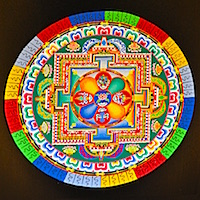
Tibetan sand painting
Mandala Principle
Mandalas project maps of non-dualistic experience and point toward authentic, wu wei paths of pluralistic conceptual freedom beyond gaining ideas. The confused and ego-centric but unfortunately most common view posits us as separate and independent agents. With even cursive introspection though, we see the interrelatedness of experience, the millions of historical influences making up each moment, the thousands of inextricably connected parts making up each whole. The images we have of “self” reinforce this false understanding while the symbolism of mandala offers an image much closer to reality, a map of wholeness, a totality that unites center and fringe.
"The word mandala literally means 'association,' 'society.' The Tibetan word for mandala is kyilkhor. Kyil means 'center,' khor means 'fringe,' 'gestalt' 'area around.' It is a way of looking at situations in terms of relativity: if that exist, this exists; if this exists, that exists. Things exist interdependently, and that interdependent existence of things happens in the fashion of orderly chaos." — Chögyam Trungpa
Quotes (76)
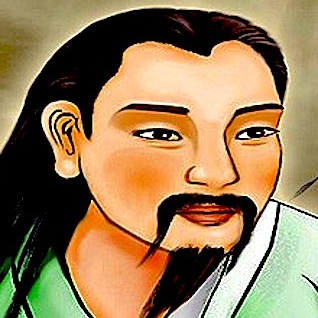
“All that is visible must grow beyond itself, extend into the realm of the invisible. Thereby it receives its true consecration and clarity and takes firm room in the cosmic order. (#50, The Cauldron)”

“When two people are at one in their inmost hearts, they shatter even the strength of iron or of bronze.”

“The immortals give each thing its proper place in our mortal lives throughout the good green earth.”

“In separateness lies the world's greatest misery; in compassion lies the world's true strength.”

“Faced with chaos or conflict, the sage commander looks first to the largest reference point. No matter what ground he has been given, he always thinks bigger… he looks to the space around things.”
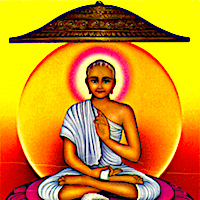
“In happiness and suffering, in joy and grief, we should regard all creatures as we regard our own self.”
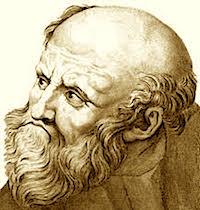
“at one time there grew to be the one alone out of many, and at another time it separated so that there were many out of the one”
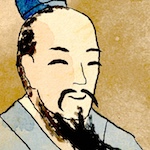
“When there is no more separation between 'this' and 'that,' it is called the still-point of Tao. At the still point in the center of the circle, one sees the infinite in all things.”

“That which is added to and does not increase, is taken away from and does not decrease... fathomless like the sea, inexhaustible; it sustains and gives life to all creation.”
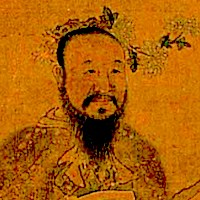
“The gates of Heaven are open wide; off I ride born on a dark cloud... one Yin for every Yang.”

“You are not an isolated entity, but a unique, irreplaceable part of the cosmos... an essential piece of the puzzle of humanity, a part of a vast, intricate, and perfectly ordered human community.”
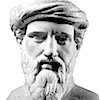
“Wisdom has the task of presenting all things as Universals, stripped of matter for treatment by Understanding.”
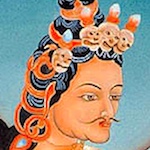
“Each person’s life is like a mandala – a vast, limitless circle. We stand in the center of our own circle, and everything we see, hear and think forms the mandala of our life.”

“The flower’s perfume has no form, but it pervades space. Likewise, through a spiral of mandalas formless reality is known.”

“The birds have vanished into the sky, and now the last cloud drains away.
We sit together, the mountain and me, until only the mountain remains.”
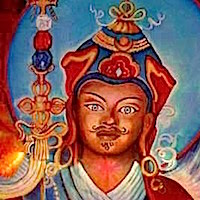
“In the infinite mandala of space, all phenomena are easily accommodated.”
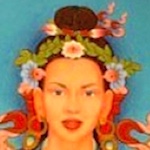
“Uniting with space, your consort's secret mandala,
Pure pleasure exciting your nerve centers,
Your aggression was assuaged and loving kindness was born.”
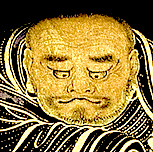
“Knowing that in truth not a single thing exists which can be attained is called sitting is a bodhimandala… a state in which no concepts arise.”
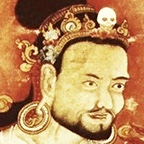
“innate coemergent wisdom abides in the heart of all beings... the far-reaching, unfathomable meaning is apparent at this very moment. O how wonderous!”

“Everything that is in the heavens, on earth, and under the earth is penetrated with connectedness, penetrated with relatedness.”
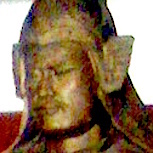
“For the wise, knowledge is not limited to form… Name is not limited to matter… Success is not limited to action… they don’t have to do anything.”
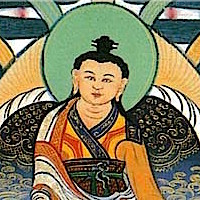
“However things appear or sound, within the vast realm of basic space they do not stray from their spontaneous equalness as dharmakaya, awakened mind.”

“Love may turn into an inordinate clinging to the love object, compassion can turn into sentimentality and a feeling of helplessness, joy can turn into a feeling of elation and over-excitement that gets lost in unrealistic goals, but equanimity brings us back to solid ground. It’s still vulnerable to apathy but this is countered by love completing the cycle.”
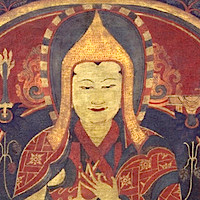
“Meditate focusing your attention on the pure radiant light. Contemplate the deities of the vast Mandalas in which they (and you) reside. Feel the pride of being divine like them.”
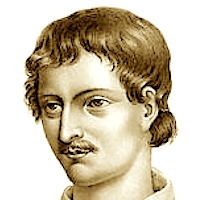
“All things are in the Universe, and the universe is in all things: we in it, and it in us; in this way everything concurs in a perfect unity.”
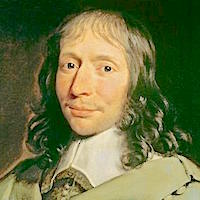
“What a chimera then is man! What a novelty, what a monster, what a chaos, what a contradiction, what a prodigy! Judge of all things, feeble earthworm, repository of truth, server of uncertainty and error, the glory and the scum of the universe.”
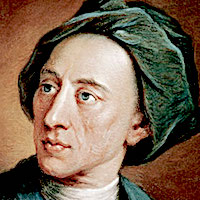
“All are but parts of one stupendous whole whose body Nature is, and God the soul.”
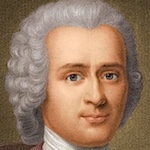
“Beware of listening to this imposter; you are undone if you once forget that the fruits of the earth belong to us all, and the earth itself to nobody.”

“The Vegetative Universe opens like a flower from the earth's center in which is eternity.”
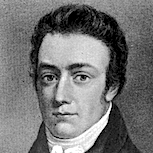
“He looked at his Soul with a Telescope. What seemed all irregular, he saw and showed to be beautiful Constellations; and he added to the Consciousness hidden worlds within worlds.”
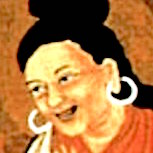
“Without a center, without an edge… without an inside, without an outside… as far as the sky pervades, so does awareness.”
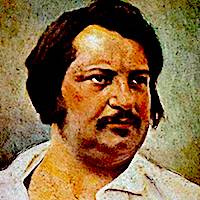
“Nothing in the world exists as a single block. Everything is a mosaic. The history of the past may be told in chronological sequence, but you cannot apply the same method to the moving present.”
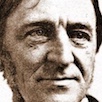 “
“Every book is a quotation, and every house is a quotation out of all forests and mines and stone quarries, and every man is a quotation from all his ancestors.”
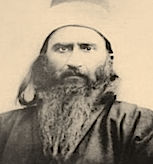
“Ye are the fruits of one tree, and the leaves of one branch. Deal ye one with another with the utmost love and harmony, with friendliness and fellowship.”
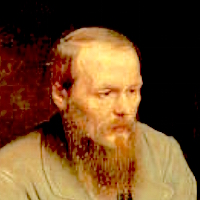
“For all is like an ocean, all flows and connects; touch it in one place and it echoes at the other end of the world.”

“When he realizes that he is responsible to all men for all and for everything, for all human sins, communal and individual, only then will the purpose of a monk’s solitude be realized”
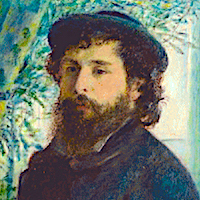
“what I want to reproduce is what lies between the motif and me.. I want to paint the air in which the bridge, the house and the boat are to be found - the beauty of the air around them... it is only the, surrounding atmosphere which gives subjects their true value.”
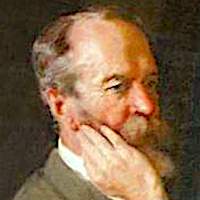
“There can be no difference anywhere that doesn't make a difference elsewhere”
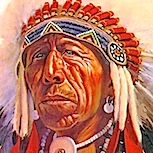
“I saw that the sacred hoop of my people was one of many hoops that made one circle, wide as daylight and as starlight”

“At the center of the universe dwells the Great Spirit. And that center is really everywhere. It is within each of us.”
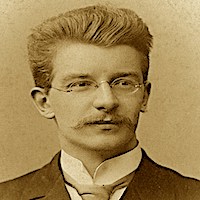
“This philosophy [Lü Dongbin's] is—to a certain extent—the common property of all Chinese trends of thought. It is built on the premise that cosmos and man in the last analysis obey common laws; that man is a cosmos in miniature and is not divided from the great cosmos by any fixed limits.”
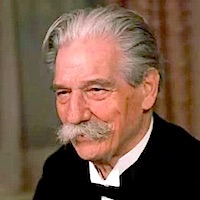
“Nature compels us to recognize the fact of mutual dependence, each life necessarily helping the other lives who are linked to it. In the very fibers of our being, we bear within ourselves the fact of the solidarity of life.”

“The mandala is an archetypal image whose occurrence is attested throughout the ages. It signifies the wholeness of the self. This circular image represents the wholeness of the psychic ground or—to put it in mythic terms—the divinity incarnate in man.”
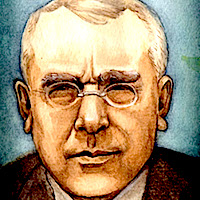
“First of all, what man must know is that he is not one; he is many. He has not one permanent and unchangeable ‘I’ or Ego. He is always different. One moment he is one, another moment he is another, the third moment he is a third, and so on, almost without end.”

“Wealth in the modern world does not come merely from individual effort; it results from a combination... the people in the mass have inevitably helped to make large fortunes possible. Without mass cooperation great accumulations of wealth would be impossible.”

“Beauty is eternity gazing at itself in a mirror. But you are eternity and you are the mirror.”
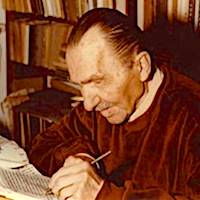
“the mysterious force which uses men—and used animals, plants, and minerals before us—as its carriers and beasts of burden, and which hastens along as though it had a purpose and were following a specific road. You feel surrounded here by the blind forces which create sight and light.”

“I know that life is in its basis a mystery; a river flowing from an unknown source and in its development an infinite subtlety, 'a dome of many-colored glass,' too complex for thought, much less for utterance.”

“It is a mistake to think that the past is dead. Nothing that has ever happened is quite without influence at the moment. The preset is merely the past rolled up and concentrated in this second of time.”
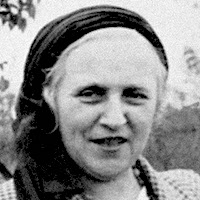
“You will see that in life you receive exactly what you give. Your life is the mirror of what you are.”
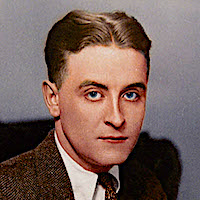
“I was within and without, simultaneously enchanted and repelled by the inexhaustible variety of life.”
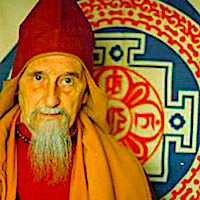
“The feeling of awe and sense of wonder arises from the recognition of the deep mystery that surrounds us everywhere, and this feeling deepens as our knowledge grows.”

“The self-conscious element of an art that is divorced from life or meaning is unknown in Tibet... It is only from the standpoint of creative visualization... crystallising into the universal order of a mandala that we can understand”
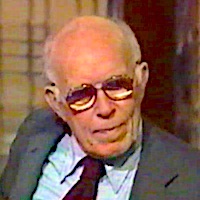
“The earth is literally our mother, not only because we depend on her for nurture and shelter but even more because the human species has been shaped by her in the womb of evolution. Our salvation depends upon our ability to create a religion of nature.”
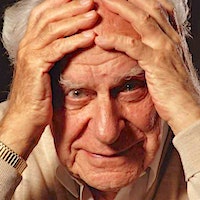
“We are social creatures to the inmost center of our being. The notion that one can begin anything at all from scratch, free from the past, or unindebted to others, could not conceivably be more wrong.”
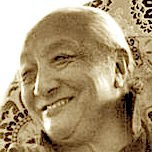
“Learn to see everyday life as a mandala in which one is the center and be free of the bias and prejudice of past conditioning, present desires, and future hopes and expectations… be natural and spontaneous, accept and learn from everything.”

“All aspects of every phenomenon are completely clear and lucid, the universe is open and unobstructed, everything mutually interpenetrating.”
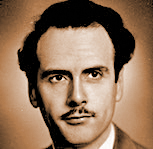
“Acoustic Space has the basic character of a sphere whose focus or center is simultaneously everywhere and whose margin is nowhere.”
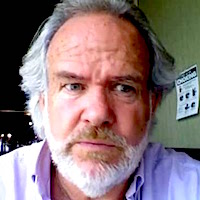
“A properly drawn mandala is a book in itself containing a great deal of information but he who would read the symbols must first learn the language.”
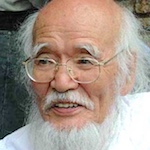
“Nature is an astounding reality. One must constantly keep in mind that coming into contact with true nature can be an overwhelming experience. This is, after all, a world of inspiration that can justly be called the 'Great Spirit.'”
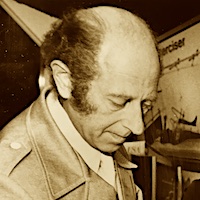
“No part of us is unrelated to other parts, even down to the single cell. Every cell probably knows the whole of us. There is a new consciousness implied in these premises; namely, that reality is a complex, interrelated and integral structure, including our own body-mind-emotions-spirit, as well as our relationship to others and to our environment.”
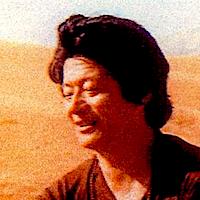
“Meditators create a field of bliss around themselves through their spontaneous luminous power, and use their pure elements to help other attain the same level and join with then in the same mandala, the same mind.”
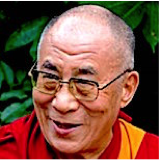
“Our ancient experience confirms at every point that everything is linked together, everything is inseparable.”
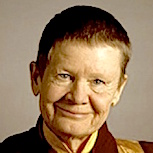
“Each person's life is like a mandala—a vast, limitless circle. We stand in the center of our own circle, and everything we see, hear and think forms the mandala of our life… But it's up to you whether your life is a mandala of neurosis or a mandala of sanity.”
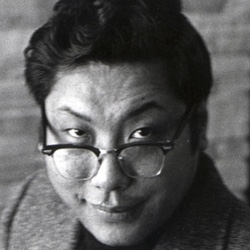
“The basic principle of mandala involves working with our life situation, our basic existence, our whole being.”

“Mandalas multiply so many times that they finally become nonexistent. The boundaries begin to dissolve. This is such an invasion of privacy! That is why it's called freedom.”
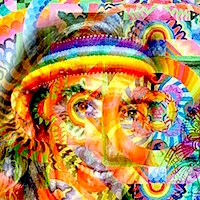
“With the mandalic approach, nothing is excluded, everything finds its place and students move through a world of magic in which they are a tongue of the earth, chanting her song to the stars.”

“Mandala means 'society' or 'group' and is connected with unique or alone, loneliness. When you stand in the middle of your mandala, no one else, only you can see this vision.”

“The Mandala is earth and man, both the atom that composes the material essence of man, and the galaxy of which the earth is but an atom… the microcosm and the macrocosm, the largest structural processes s well as the smallest. It is the gateway between the two.”

“Our lives can only be seen as a mandala if we include everything, all positive qualities as well as all that we would like to ignore, reject, or distance ourselves from.”
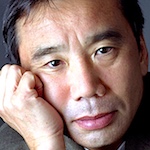
“We’re both looking at the same moon, in the same world. We’re connected to reality by the same line. All I have to do is quietly draw it towards me.”
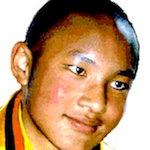
“When we place our interconnectedness at the center of our life, empathy and contentment can become the primary resources that we turn to first.”
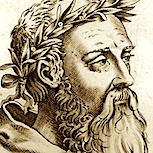

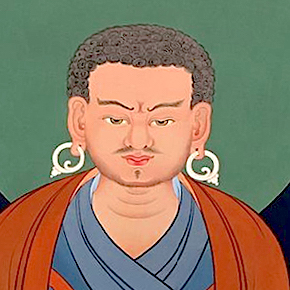
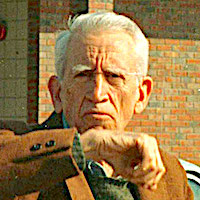
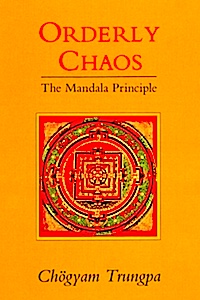
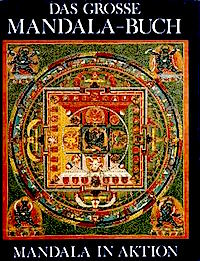
Comments (0)